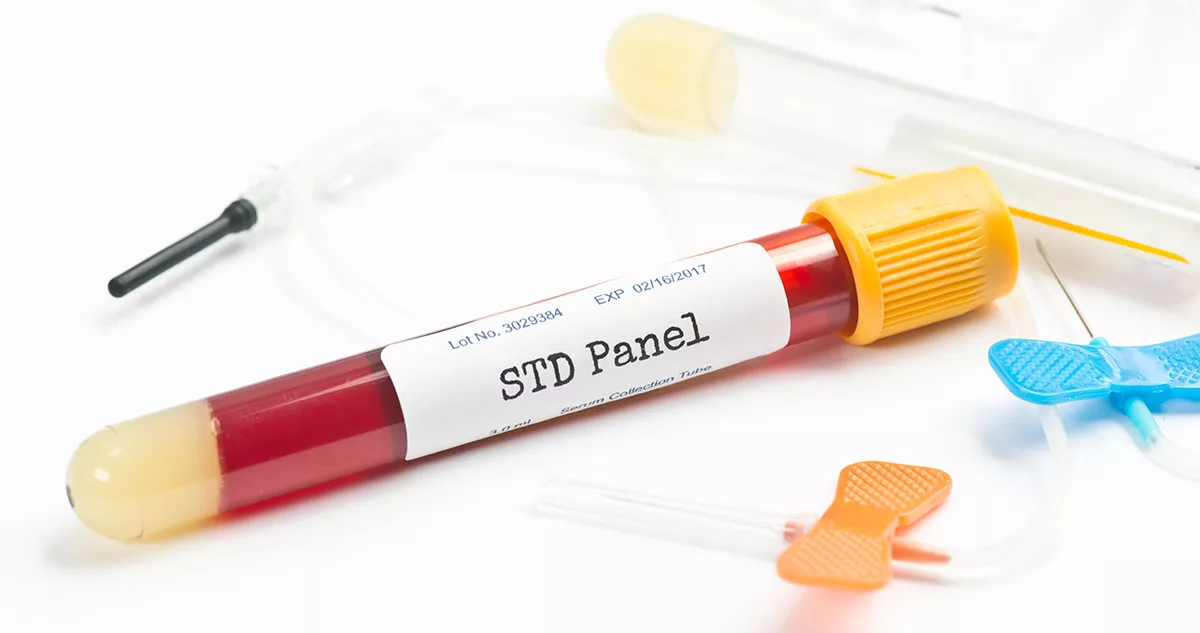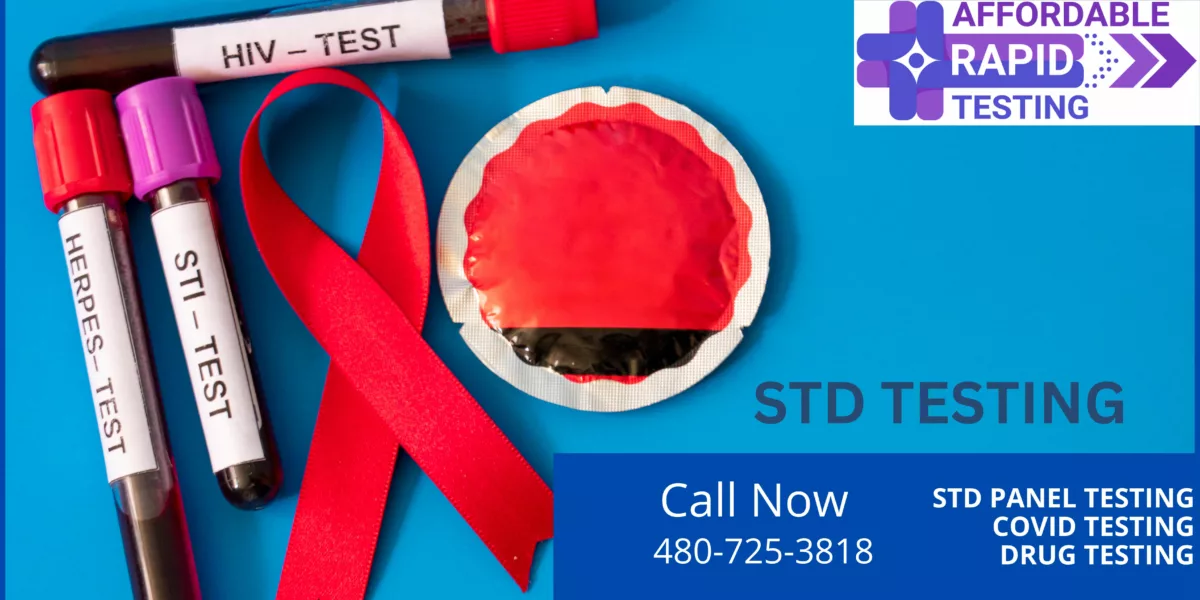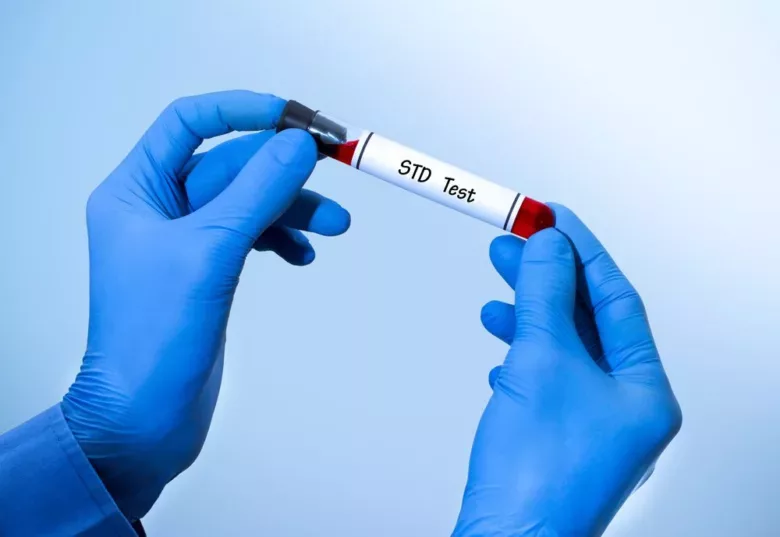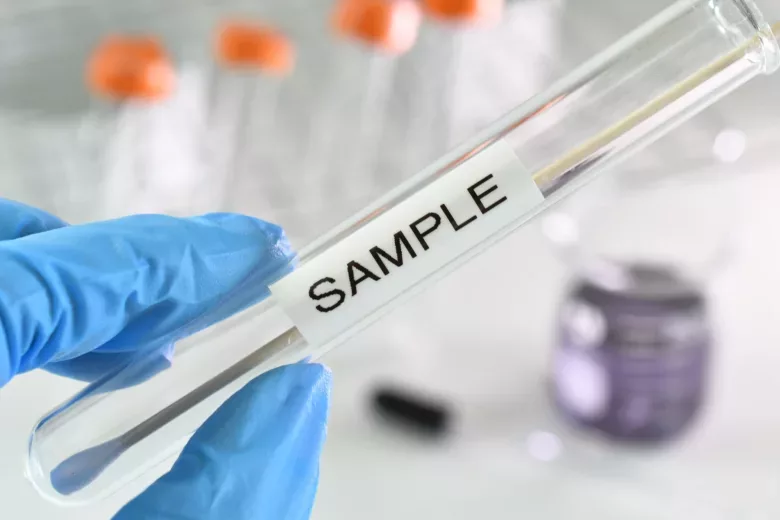Syphilis, a bacterial sexually transmitted disease, manifests with varying symptoms and signs that evolve through four distinct stages: primary, secondary, latent, and tertiary. Each stage presents its own set of clinical features, making it crucial to understand the progression of this disease. Left untreated, Syphilis can lead to severe health complications.
Here we will delve into the intricacies of the stages of this veneral disease, elucidate the testing procedures employed for its detection, and underscore the profound significance of early identification via Syphilis testing and treatment.
Stages of Syphilis
The symptoms and indicators of the various stages of Syphilis vary. This makes it essential to recognize and address this disease as it progresses. Among these phases are:-
- Primary Syphilis: Two to twelve weeks after infection, Syphilis will occur in its initial stage. The predominant symptom is the development of a painless sore or ulcer at the infection site known as a chancre. Even if the sore heals on its own, the body is still infected.
- Secondary Syphilis: The body may become covered in a rash, including the palms of the hands and soles of the feet, during the secondary stage, which normally follows the primary stage by a few weeks to a few months. The flu-like symptoms, fever, swollen lymph nodes, sore throat, patchy hair loss, and so forth are possible additional symptoms.
- Latent Syphilis: The latent stage occurs when there are no outward indications or symptoms of Syphilis, yet the infection still exists in the body. People may not even be aware they are sick during this stage, which can extend for years.
- Late (Tertiary) Syphilis: Syphilis can advance to the late stage, commonly known as tertiary Syphilis, if it is not treated. Years or even decades after the initial infection, this stage might develop. The heart, brain, spinal cord, and other organs may suffer serious damage from late Syphilis, which could result in potentially fatal complications.
Syphilis Testing Methods
Early diagnosis of Syphilis is most important for effective treatment and prevention of complications. There are numerous tests available to diagnose Syphilis, including:-
- Blood Tests: A blood test is the most popular technique for Syphilis diagnosis. These examinations look for antibodies that are created by your body in reaction to the infection. Blood tests for Syphilis frequently used include: This examination looks for antibodies against the Syphilis bacterium.
- Physical Examination: A medical expert may perform a physical examination to check for sores or rashes that could be symptoms of Syphilis. To check for the presence of the Syphilis bacterium, they could also extract a sample from a sore.
- At-Home Testing Kits: Syphilis testing kits for at-home use are offered for purchase. These kits often entail taking a swab from a sore or a sample of blood and submitting it to a lab for analysis. However, it’s crucial to follow up with a medical expert in order to get confirmation and the right treatments.
Syphilis testing is available at most city health departments or at routine clinic appointments. Regular testing is for anyone who has an active sexual life, particularly for those who are at higher risk, like gay or bisexual men, people with HIV, and people taking pre-exposure prophylaxis (PrEP) for HIV prevention.
Importance of Early Diagnosis
Early diagnosis of Syphilis is crucial for several reasons:-
- Effective Treatment: Syphilis is most easily treated when it is caught early. Antibiotics can quickly be administered in order to treat the infection and avert further consequences. This enables early detection.
- Transmission Prevention: Early Syphilis diagnosis and treatment can help stop the virus from spreading to sexual partners. Syphilis is a highly contagious disease that people might unintentionally spread to others.
- Prevention of Complications: Syphilis can cause major health issues, such as damage to the heart, brain, spinal cord, and other organs if left untreated. These problems can be avoided and long-term outcomes can be improved with early identification and treatment.
- Prenatal Care: For women who are pregnant, early detection of Syphilis is very crucial. Congenital Syphilis can be contracted when a woman is pregnant and can result in stillbirth, poor birth weight, and other issues. These negative effects can be avoided during pregnancy with routine testing and early treatment.

Choose Affordable Rapid Testing, Phoenix for the most accurate Syphilis Testing
Syphilis is a sexually transmitted infection that spreads through stages and can cause serious health problems if is not treated on time. Testing for Syphilis, such as blood tests and physical examinations, is essential for early diagnosis. Early detection enables effective treatment, transmission control, and problem avoidance.
For sexually active people, especially those at higher risk, routine testing is advised. Consult with a healthcare provider for the right testing and treatment if you think you might have Syphilis or other sexual health issues. At Affordable Rapid Testing, our Syphilis testing and other STI testing service comes with the most accurate and affordable option in Phoenix. We provide reliable Syphilis testing and STI testing services at Affordable Rapid, where we take the utmost care in testing in Phoenix.


